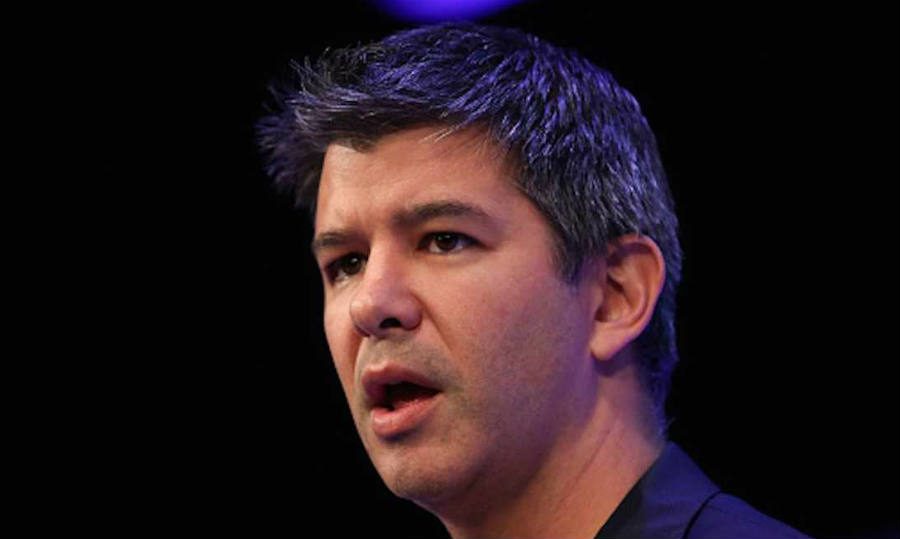On Friday, Reuters reported exclusively that the Department of Justice had initiated a criminal probe on Uber Technologies Inc. over the use of its Greyball software to hide from authorities where it did not have permission to operate.
Sources close to the matter confirmed to the news organization that the federal entity had served subpoenas to Uber requesting documents pertaining the software tool. The ride-hailing giant was already under internal investigation by a law firm they themselves hired to clear out the issue.
CEO Travis Kalanick has had a rough time keeping things running smoothly as of late, with everything from sexual harassment allegations by former employees to intellectual property lawsuits filed by Google’s Waymo.
Did Uber break the law by implementing the Greyball program?
It is likely that Uber’s extended use of its Greyball program can be considered illegal by some regulatory bodies. The company was consciously interfering with law enforcement duties when they purposefully used the software to hide their cars from police radars.
Uber argues that Greyball was implemented as a means to enforce their terms of service. Back in March when The New York Times first broke the news about the shady tool, Chief Security Officer Joe Sullivan said:
“THIS TECHNOLOGY IS USED TO HIDE THE STANDARD CITY APP VIEW FOR INDIVIDUAL RIDERS, ENABLING UBER TO SHOW THAT SAME RIDER A DIFFERENT VERSION. WE ARE EXPRESSLY PROHIBITING ITS USE TO TARGET ACTION BY LOCAL REGULATORS GOING FORWARD.”
The ride-hailing firm said the program was also enforced regularly to try out new app features, to protect partner riders from potential danger, and to avoid getting scammed by users violating their terms of service.
That last argument may be solid enough to stand against the DOJ, given that Uber has a proven record stopping scammers in China trying to game the system by creating new accounts and requesting rides from stolen phones.
Scandal seems to be the norm at Uber
The Reuters report implies the company is under investigation, but nothing more. If it accepts the subpoena request by the Justice Department and they find nothing compromising in their files, then it is all good and the company can move on.
If authorities find proof of fishy activity, however, the results of the investigation could spark a criminal trial in court. Uber is no stranger to standing before a jury, and it is now, in fact, fighting at least two legal battles as it faces a third one.
A former employee filed suit against company executives for sexual harassment during her time at the company. Pressure on Travis Kalanick over the case was enough for him to skip several high-profile events these last few months.
Waymo, a competing self-driving and ride-hailing startup owned by Google, also sued the company for stealing trade secrets and implementing proprietary LIDAR technology on their cars. A former Waymo executive that jumped ship to Uber was called out publicly as responsible for the IP theft.
Source: Reuters


